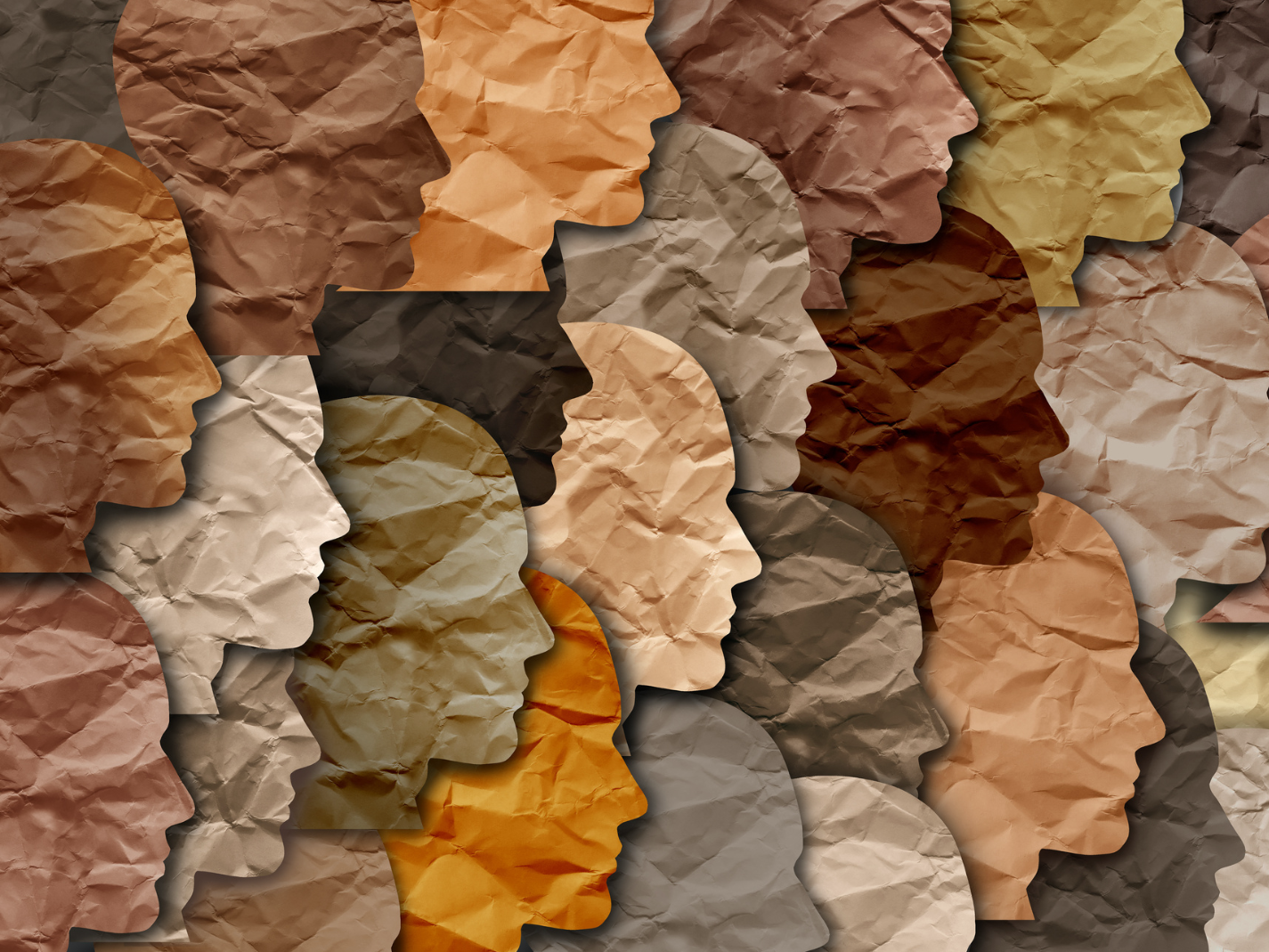
Colleges and universities seem obsessed with race and other social “identities.” Diversity, equity, and inclusion (DEI) bureaucracies are often powerful on campus, and college staffs are sometimes required to swear fealty to “diversity” in order to secure and maintain employment. Yet polling data suggest a majority of the public opposes evaluating people at least partly based on race. Twice in the past three decades, even voters in liberal California soundly rejected attempts to base university admissions, hiring, and contracting partly on “affirmative action” criteria—in other words, preferential treatment based on race.
Political leaders in some states, including powerful governors like Ron DeSantis in Florida and Greg Abbott in Texas, are seeking to end the DEI mania sweeping American campuses and spilling over into the business community. Yet no one, to my knowledge, has seriously promoted the most effective way of dramatically reducing racial obsession: ban the collection of racial data for admissions or employment.
I suspect attorneys would immediately point out that the law requires the collection of racial data. To which I answer: either change the laws or deliberately ignore them and challenge their constitutionality. The forthcoming Supreme Court decision in the Harvard and North Carolina lawsuits regarding college admissions may add clarity.
The Democratic Party is clearly enamored of identity politics, so a federally legislated move to end the collection of racial data by colleges is implausible until at least 2025, and perhaps not even then, depending on the outcome of the 2024 election and the use of Senate filibuster rules.
The absurdity of our governmental system of racial bean-counting has been exhaustively and superbly analyzed by law professor David Bernstein in Classified: The Untold Story of Racial Classification in America. Here’s one example: Suppose a couple born in India to Indian-born parents migrates to the United States. Are they “white,” “Asian,” “South Asian,” “nonwhite,” or “black”? Who knows? Why might a Caucasian person born in northern Spain who migrates to the U.S. be called “Hispanic,” while a similar U.S. immigrant born 30 miles away in Southern France be classified as “white?” Even the individuals involved don’t know, partly because they have never faced this issue foisted by race-obsessed government bureaucrats. Yet the Spanish-born individual, under current racial classification and collegiate admissions procedures, likely has a better chance of getting into the elite university of his choice than his French peer.
[Related: “The ‘Racial Pairing’ Fallacy”]
Moreover, to quote the late Supreme Court Justice Antonin Scalia, “who cares where they were born or what color skin they have?” In a 1995 case cited by Bernstein (Adarand Constructors, Inc. v. Peña), Scalia said, “in the eyes of the government, we are just one race here. It is American.”
As an ultimate expression that we are a society where achievement and wealth are based on hard work, honesty, intelligence, knowledge, and other positive attributes, we could enshrine this sentiment in the Constitution, making it unconstitutional to ask people about their biological/racial/religious/ethnic origins or status, and declaring that “all persons are created equal, and race, gender, ethnicity, religion, and other personal characteristics shall not be considered with respect to voting, receipt of government emoluments, etc.” (Lawyers from the Antonin Scalia Law School or the Federalist Society could come up with better wording.)
There are legitimate issues regarding gender. I, personally, adhere to the academically uncool view that there are two genders, and that there may be legitimate reasons why a university—in order, say, to fill university-owned housing—may want to know the number of males and females. I do not feel it should be unconstitutional for universities to allow females to shower in rooms where males are prohibited entry or to be a single-gender (e.g., all women’s) school. Let others address this and related specific points.
But we should more aggressively reject the woke theocracy and insist that, borrowing from Martin Luther King, individuals should be evaluated based not on their race (or other biological attributes) but on the strength of their character.
Image: Adobe Stock
Research at Yale University have studied infant behavior when it comes to preferences. The essence of their findings is that people like people who are like them. Socialization is the process by which we reach beyond our mammalian nature to be open to humanity in general. It’s a process of learning and changing that is idiosyncratic in the sense that it can not be normalized. The cancel culture, the Wokenistas, can not accept that reality. They believe in the mutability of human nature and sucked university administrators into the vortex of that insanity.
Interesting. One place where racial data is not collected (deliberately, I would suspect) is in campus sexual assault cases. Anecdotal evidence suggests that blacks are disproportionately affected by such cases but of course we don’t know (though consider in “The Hunting Ground”, three of the four perps were black).